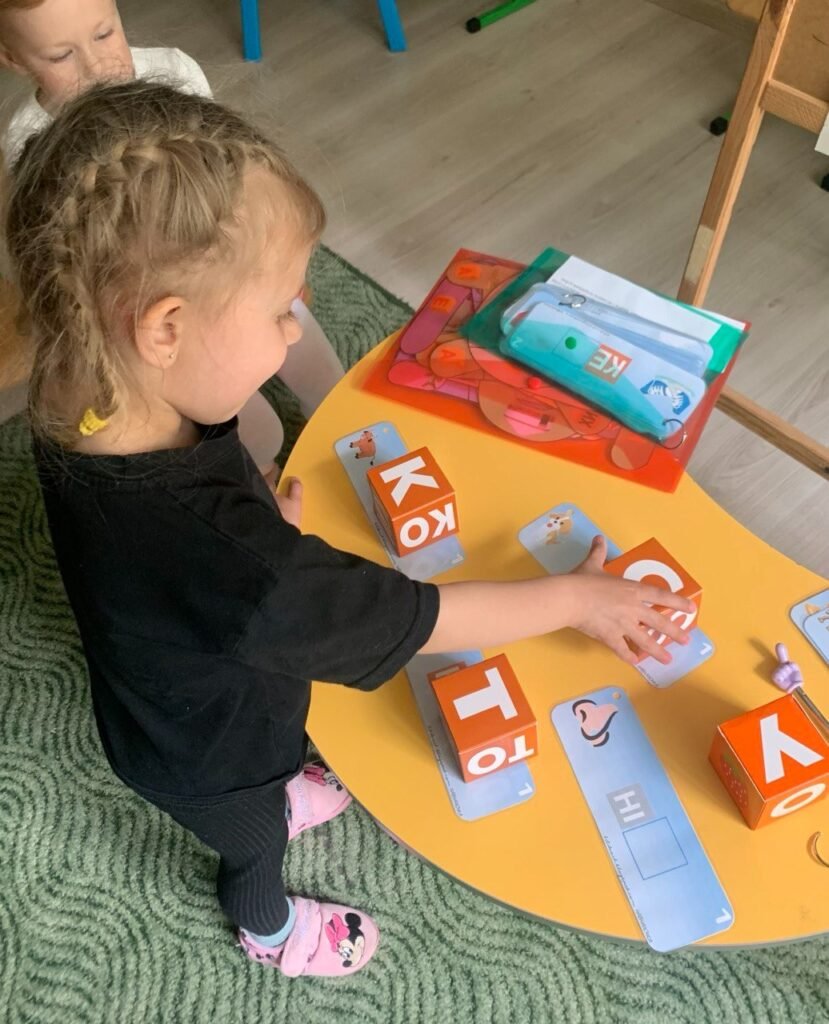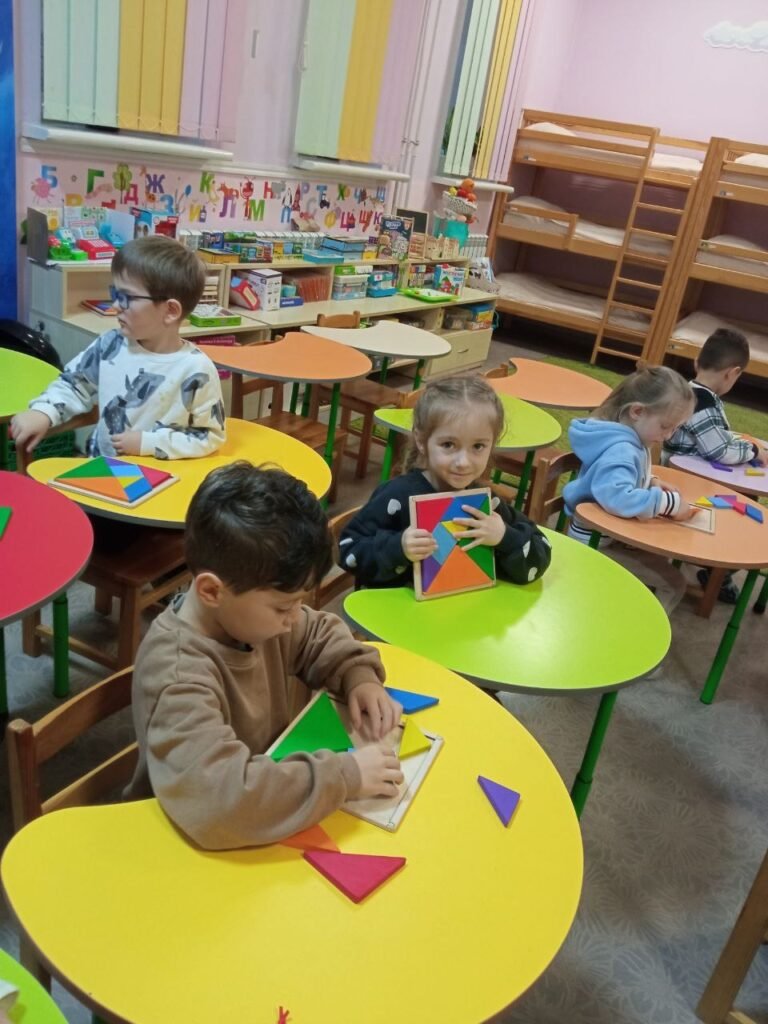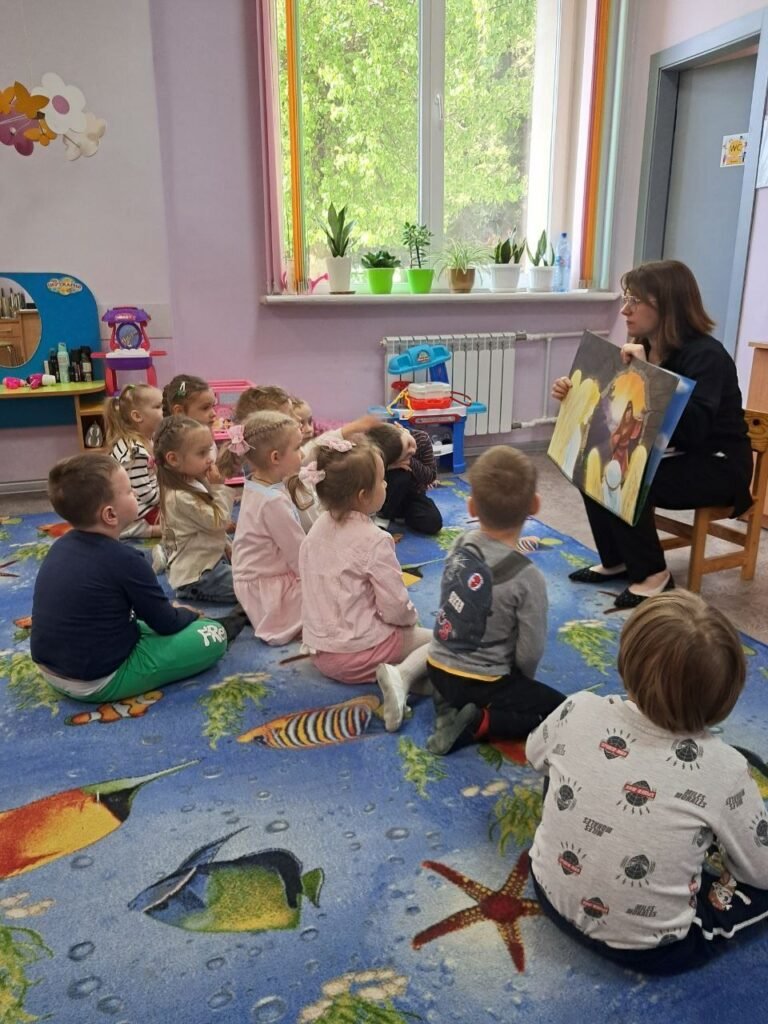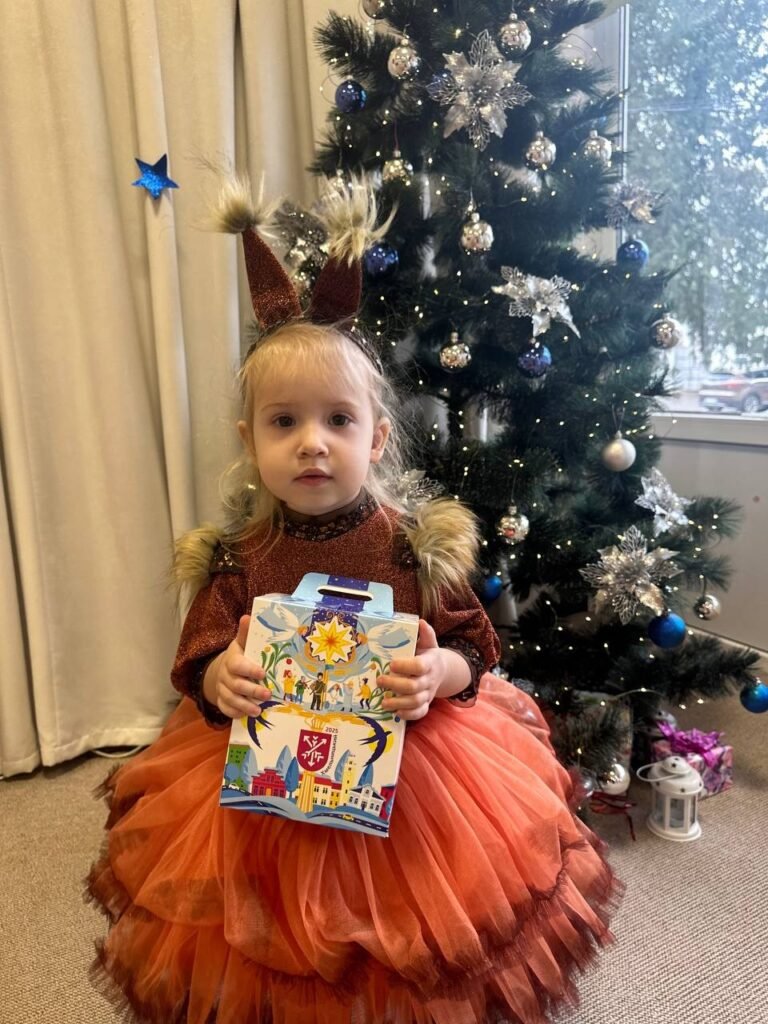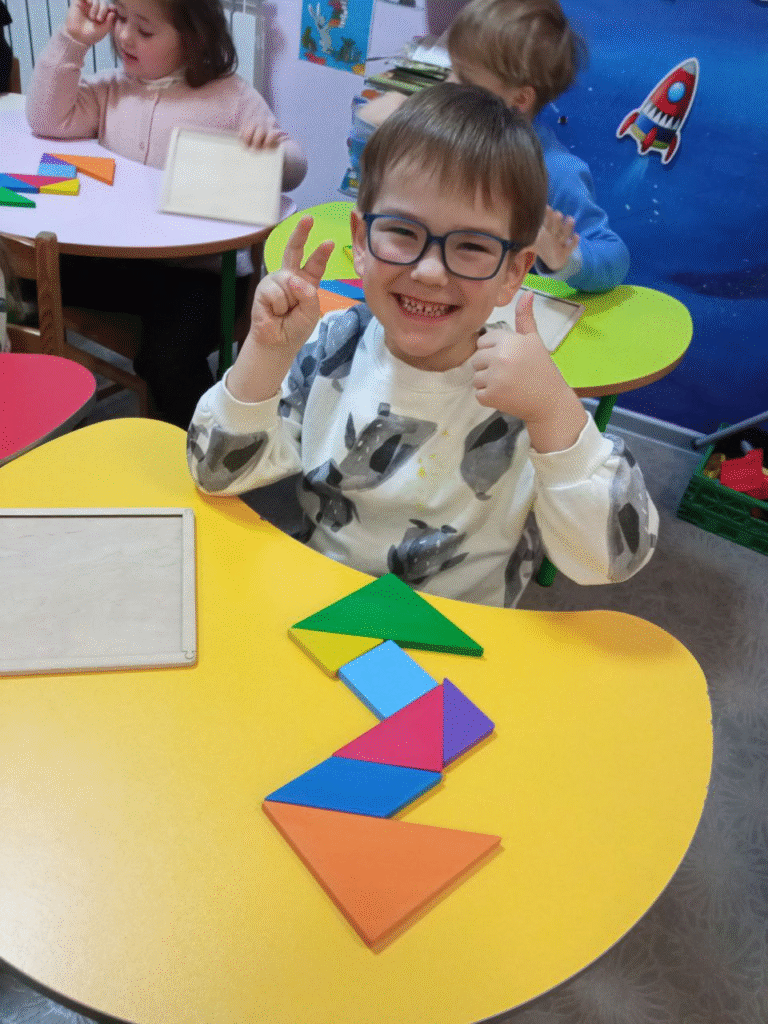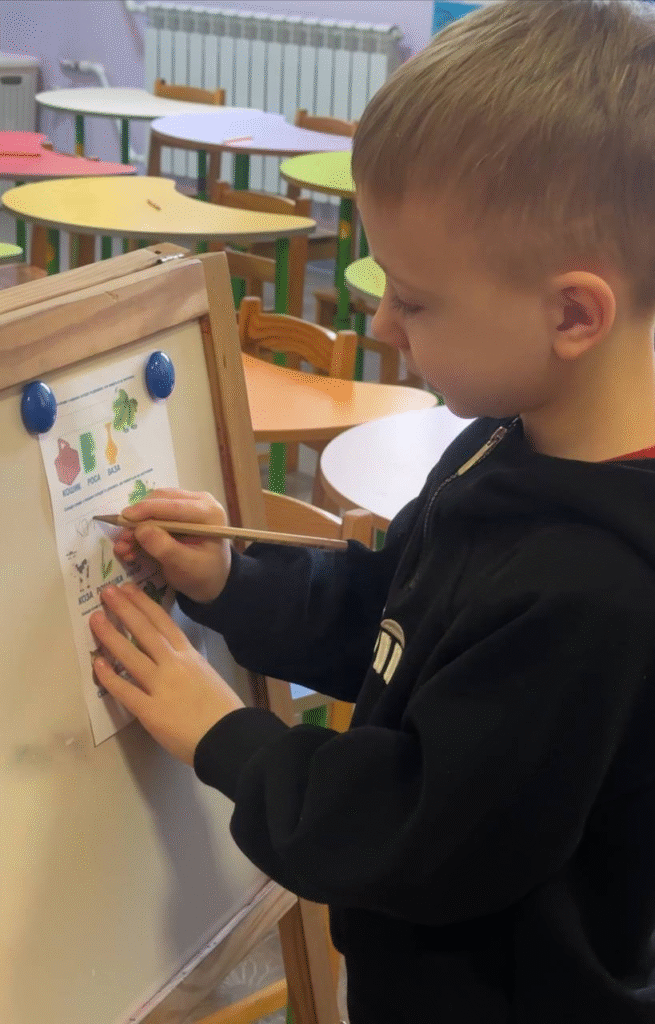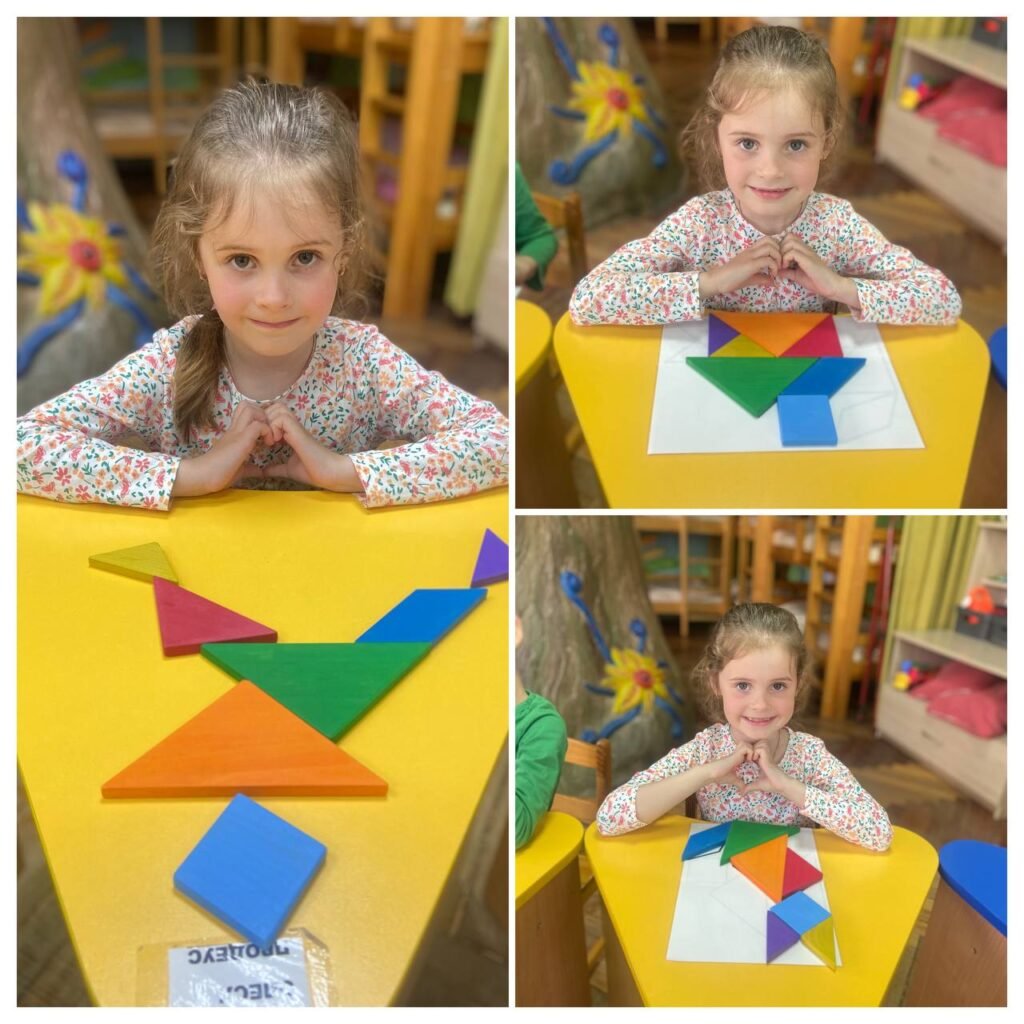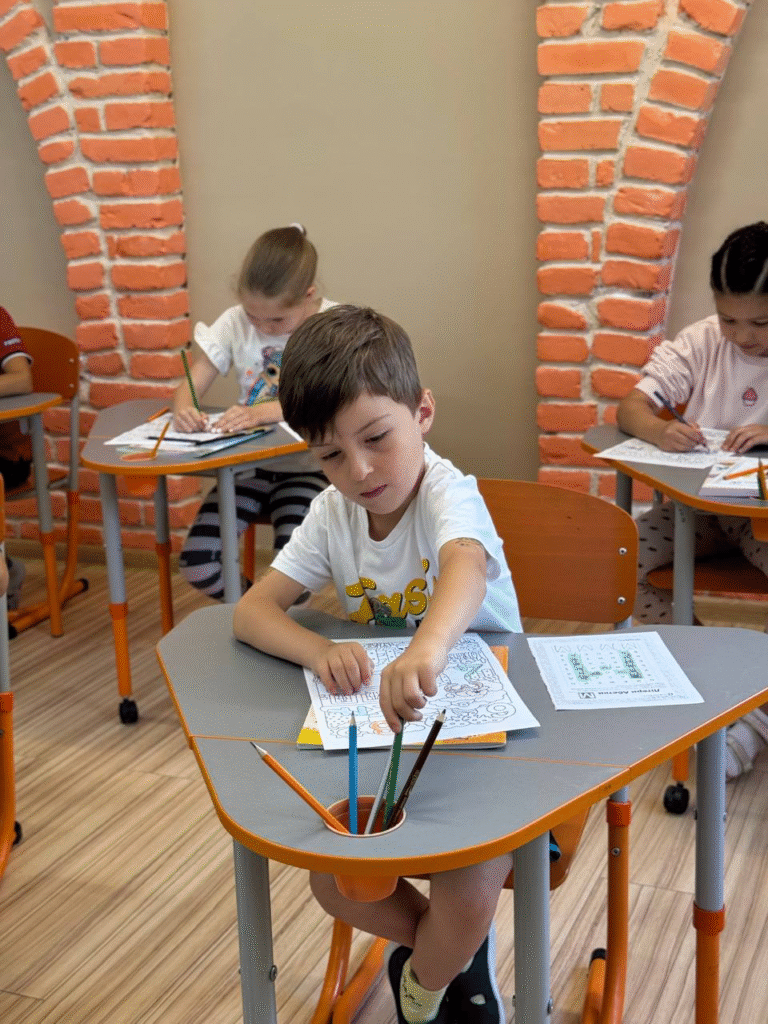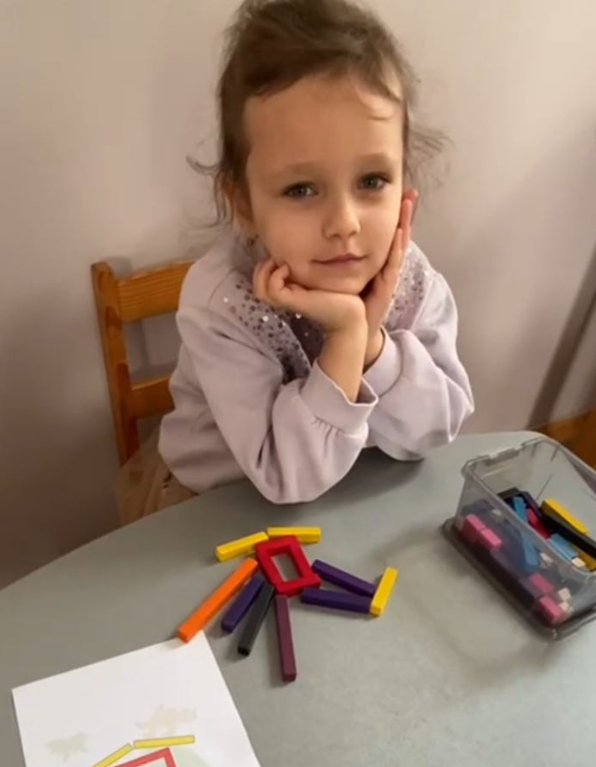The beginning of school life is an important and sensitive stage. For many children, first grade feels like a sudden shift: a different routine, new rules, higher expectations, and greater responsibility.
This is why Grade 0 becomes a bridge that helps a child transition smoothly, naturally, and confidently.
At My Horizons Lyceum, we created a program that combines elements of preschool play with the first steps into structured learning. This allows children to adapt without stress, gradually develop learning habits, and enter the school environment with curiosity rather than tension.
What Grade 0 Is and Why It’s Needed
Grade 0 is an intermediate stage between kindergarten and first grade. It helps children get used to a new format, understand what a lesson is, learn how to listen to a teacher, work in a group, and complete tasks step-by-step.
At this stage, learning does not replace play—it grows from it. Children learn to ask questions, express their thoughts, listen to others, reason, and finish what they start. This kind of school readiness builds confidence, independence, and a positive attitude toward learning, which becomes the foundation of future academic success.
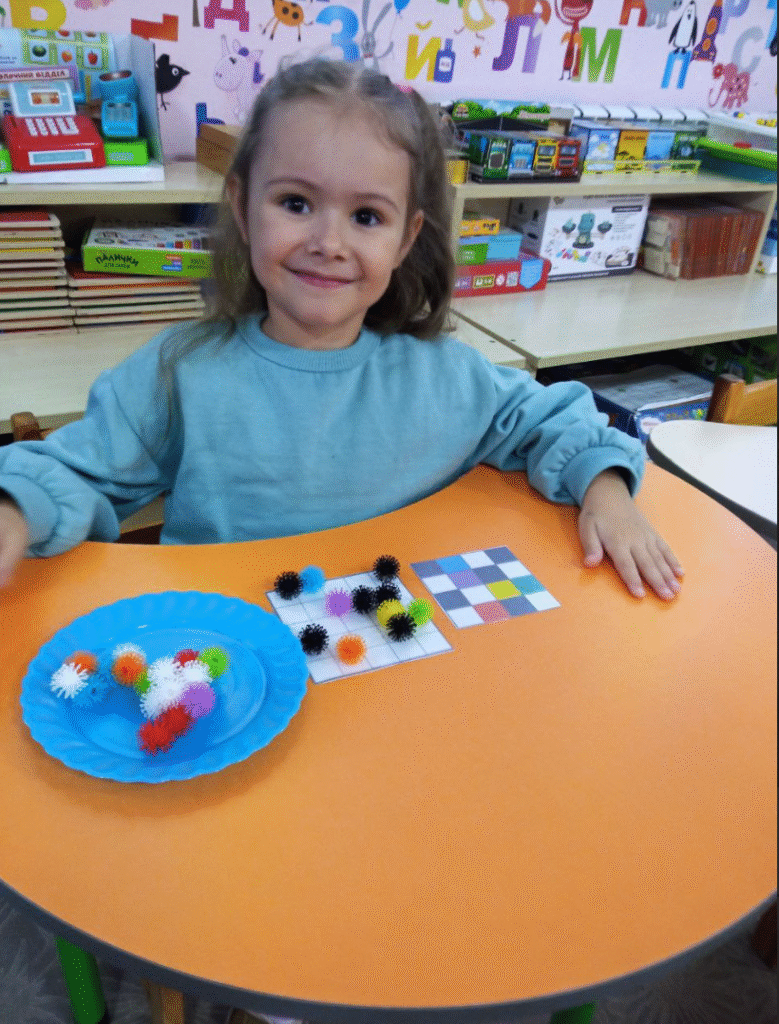
Skills That Grade 0 Develops
At My Horizons, we support holistic child development—intellectual, emotional, and social. Through the learning process, children get used to routines, learn to listen to teachers, interact with peers, express themselves, and complete tasks.
This stage forms the foundational skills that determine how easily a child will transition into first grade.
Grade 0 focuses on developing key preschool competencies:
- Basic learning habits: attention, memory, logic, and language development
- Smooth adaptation to the school environment without sudden stress
- Ability to work in pairs and groups, follow instructions, and complete tasks in sequence
- Fine motor skills and handwriting readiness through playful activities
- Independence, responsibility, and confidence essential for a successful first-grader
With such a foundation, first grade doesn’t feel overwhelming—it becomes a natural continuation of a familiar journey, and the child enters school with a sense of “I can do this.”
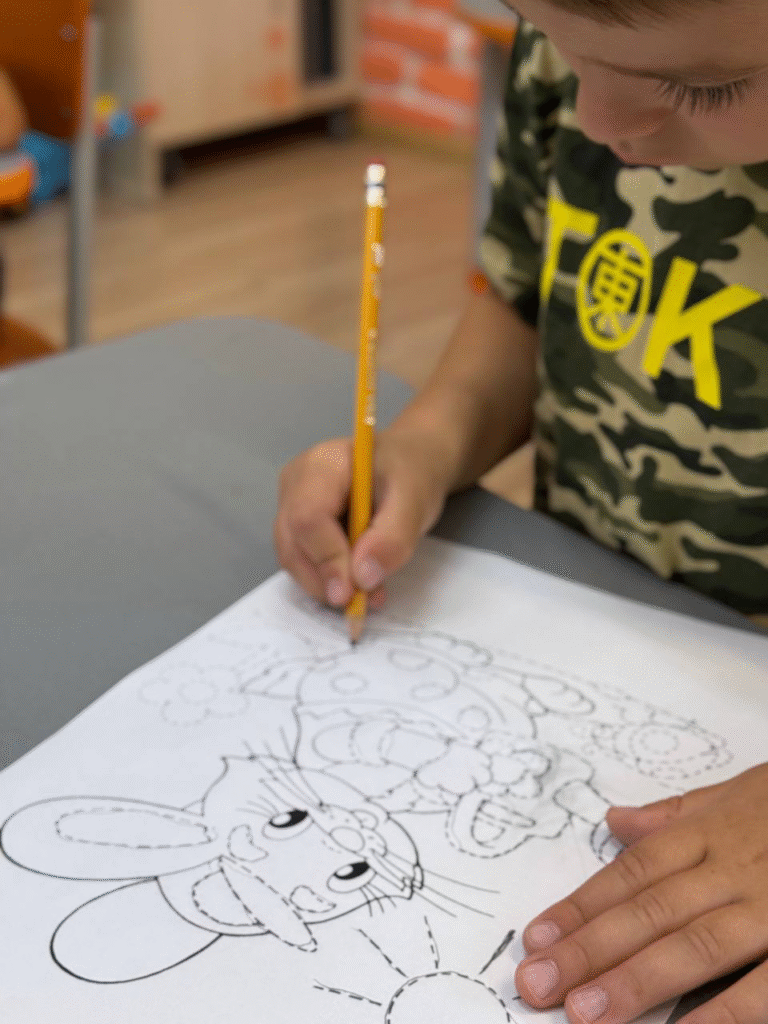
How Grade 0 Works at My Horizons Lyceum
Our early education approach is built on smooth transitions, warmth, and individual attention.
Lessons alternate with movement, creativity, and play-based activities to prevent fatigue.
The classroom atmosphere is friendly and supportive, encouraging children to ask questions, express emotions, and feel heard.
Teachers support children not only during learning activities—they also assist with adaptation, communication, socialization, and the development of self-esteem.
During this period, children get to know their future teachers, the school building, and basic behavior rules. As a result, they enter first grade without anxiety.
Partnership with Parents: A Key Element
At My Horizons, we actively communicate with parents, explaining how to support the child at home, respond to behavioral changes, and encourage independence.
This creates a consistent environment where the child feels secure both at home and at school.
As part of school preparation, we provide:
- Consultations with teachers on adaptation
- Recommendations on routines and emotional support
- Guidance on avoiding pressure and comparisons
This collaborative approach helps families and children move forward together—calmly and confidently.
Grade 0 at My Horizons: A Gentle, Safe, and Inspiring Start to School Life
Grade 0 ensures that a child enters first grade not with worry, but with joy, interest, and a sense of personal strength.
It lays the foundation for a lifelong love of learning and supports the harmonious development of every child.



